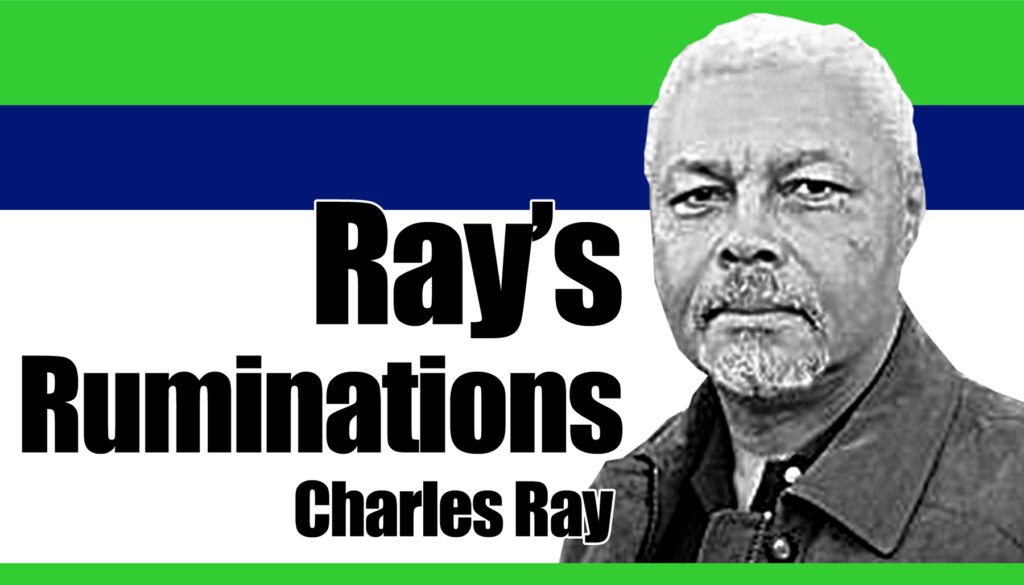
My eyebrows seem to be permanently raised these days as I sense, from my observations of our politicians and the fare offered television viewers. If you’re wondering what these two have in common, it’s simply that both show me that there is a startling lack of common sense and critical thinking ability present nowadays in the human species.
If we plotted humanity’s trajectory on a graph, with one axis labeled ‘Access to Information,’ and the other ‘Actual Understanding,’ we might notice that the lines diverge at a suspiciously sharp angle. With the rise of 24/7 news channels, social media bombarding us at every turn, and politicians who seem to have graduated with a degree in theatrical hand-waving, one thing becomes alarmingly clear.
Common sense and critical thinking are at risk of becoming extinct. Some say that they are gone forever, but I have a feeling that they’ve just gone into hiding, possibly bunking with the lost socks from my clothes dryer.
Let’s start with politicians. Watching modern politics is like looking at a cooking show where everyone has forgotten the recipe, but is enthusiastically tossing whatever ingredients at hand into the pot anyway. Logic is replaced by slogans, facts by feelings, and questions by rhetorical smokescreens. The crowd cheers, and for a moment, you wonder if you’re the only one muttering, ‘Say what>” The collective suspension of disbelief, if I could channel it to my novels, would make every one of them a bestseller.
The politicians aren’t alone, though. Television, once playfully called the ‘idiot box,’ now seems determined to live up to that reputation. Scripted reality shows present scenarios more carefully staged than a Shakespearean tragedy, and news programs blend fact and fiction with all the finesse of a clumsy amateur magician. The line between ‘what happened,’ and ‘what we wish had happened’ is blurred until the audience is left wondering if they need new glasses or a new worldview.
At the risk of sounding condescending, it seems sometimes that the public cannot separate wheat from chaff, or reality from wishful thinking. Advertisers get in on the fun, too, peddling miracle cures for both baldness and self-esteem as if the only thing standing between you and a Nobel Prize is a special brand of toothpaste. Critical thinking skills, once cultivated in the garden of curiosity, now struggle to grow amid the artificial turf of viral memes and the revealed wisdom of self-anointed influencers.
But here’s the twist. Maybe the problem isn’t that common sense and critical thinking have evaporated. Perhaps they’re just drowned out by the cacophony. Imagine trying to solve a puzzle while a brass band is playing ‘Flight of the Bumblebee’ in your living room. The skills are there, they’re just harder to deploy because there are so many discordant voices clamoring for attention—too many opinions presented as irrefutable truth.
Ultimately, the solution isn’t to sign and lament the ‘good old days’ when Socratic dialogue was all the rage. It’s to encourage a renaissance of skepticism, a revival of the question, ‘Why?’, not just in classrooms, but in living rooms and city halls. After all, common sense is the most uncommon thing, and critical thinking, by its very nature, can’t be outsourced. If we want a smarter world, maybe the best place to start is by turning off the TV, tuning out the sound bites, and reacquainting ourselves with that endangered species, the ability to think for ourselves.
Oh, and before you go, check behind the washer for those missing socks. You never know what other treasures you might find hidden there. | NWI



